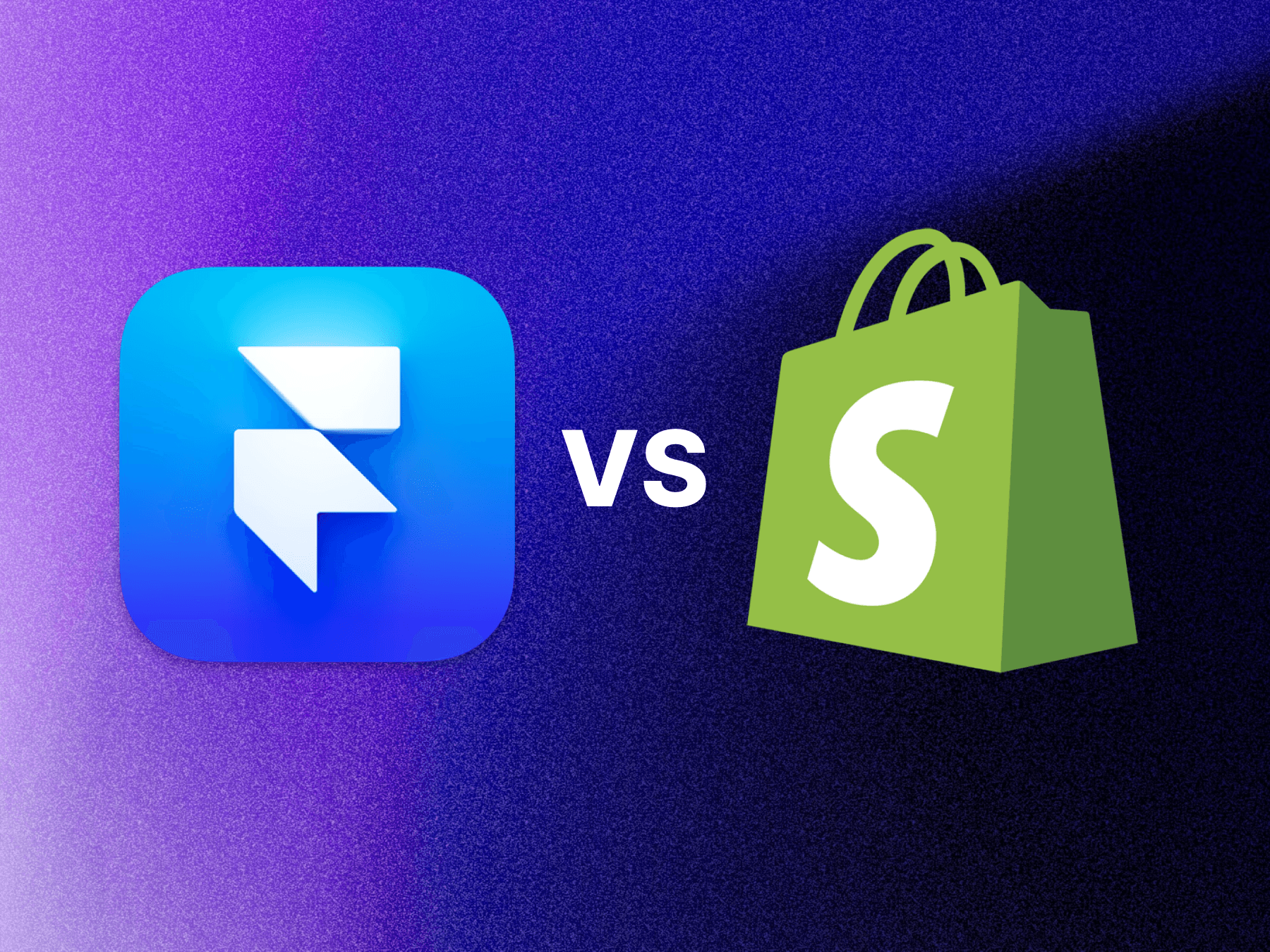Last Updated: Oct 22, 2024
Top 5 Mistakes New Freelancers Make (And How to Avoid Them)
Starting your freelancing journey can be both exciting and intimidating. The freedom to be your own boss, set your own rates, and work on projects you’re passionate about is incredibly rewarding. However, it also comes with challenges, and many new freelancers fall into the same traps that can lead to unnecessary frustration or even failure.
To help you get started on the right foot, here are the top 5 mistakes new freelancers make and, most importantly, how to avoid them.
1. Underpricing Your Services
One of the most common mistakes new freelancers make is underpricing their services. It’s easy to feel like you have to charge less because you’re new, but undervaluing your work can set a bad precedent. Not only do you risk overworking for very little pay, but you also give clients the impression that your services are less valuable.
How to Avoid It:
Research the industry rates for your field and set a fair price based on your skills and experience. Don’t be afraid to charge what you’re worth—even if you’re just starting. You can find helpful pricing guidelines on websites like Upwork or Freelancers Union, or ask experienced freelancers in online forums for advice. And remember, it’s always easier to lower your rates if needed than it is to try to raise them later.
2. Failing to Define Your Niche
Another big mistake is trying to be everything to everyone. Many new freelancers think they need to offer every possible service to appeal to more clients, but this approach often backfires. Instead of impressing potential clients, you come across as a jack-of-all-trades and a master of none.
How to Avoid It:
Pick a niche that you’re passionate about and develop expertise in that area. Whether it’s logo design, front-end development, or UX/UI design, having a specialty makes you stand out. Clients prefer specialists because they’re often seen as more knowledgeable and reliable in their particular field. Start small and expand your services once you’ve established yourself.
3. Not Having a Contract
Skipping the contract is a major mistake many new freelancers make. Without a contract, you open yourself up to potential problems—such as non-payment, scope creep (where a project grows beyond the original agreement), or disagreements about deadlines.
How to Avoid It:
Always use a contract, even for small projects or friends and family. It doesn’t have to be overly complicated. A good freelance contract should outline:
Project Scope: What are you being hired to do?
Timeline: When will you deliver the project?
Payment Terms: How much are you being paid, and when will you be paid?
Revisions: How many rounds of revisions are included?
There are many free contract templates available online for freelancers, which can save you time and ensure you’re protected. Remember, having everything in writing protects both you and the client.
4. Poor Time Management
As a freelancer, managing your time effectively is crucial. Without the structure of a traditional 9-5 job, it’s easy to fall into the trap of procrastination or overworking. This can lead to burnout, missed deadlines, and unsatisfied clients.
How to Avoid It:
Develop a schedule that works for you. Tools like Trello, Notion, and Google Calendar are great for organizing your tasks and managing deadlines. Use time-blocking techniques to allocate specific hours to different projects, and be sure to schedule in breaks to avoid burnout. It’s also helpful to track your hours with a tool like Toggl to see where your time is going and identify areas where you can be more efficient.
5. Not Marketing Yourself Enough
New freelancers often make the mistake of thinking that once they’ve completed a profile on a freelance platform or built a portfolio, clients will start rolling in. In reality, getting clients requires consistent marketing, especially when you’re just starting out.
How to Avoid It:
Promote yourself consistently on platforms like LinkedIn, Instagram, or Twitter, where your target clients hang out. Join industry-related groups or forums and actively participate to build connections. Create a portfolio website showcasing your best work—this gives you a professional online presence that’s easy for potential clients to navigate. Tools like Framer make it simple to create a polished portfolio website, and you can explore ready-to-use portfolio templates at portfolio-templates.com to make the process even easier.
Another great way to market yourself is by creating content that demonstrates your expertise. Write blog posts, share case studies, or even create video tutorials that help potential clients understand your skills. Positioning yourself as a thought leader in your niche will help clients feel more confident hiring you.
Conclusion
Starting as a freelancer can be daunting, but avoiding these common mistakes can save you a lot of time, stress, and setbacks. Price your services fairly, define your niche, always use a contract, manage your time wisely, and market yourself effectively. By taking these steps, you’ll set yourself up for success and build a sustainable freelance career.
Remember, freelancing is about more than just delivering great work—it’s about managing your business and showcasing your value. Get these fundamentals right, and you’ll have a solid foundation for long-term success.
FAQs
1. How should I price my freelance services as a beginner?
Research industry standards and consider your skill level, location, and the project’s complexity. Don’t underprice, as this can devalue your work in the eyes of clients.
2. Why is having a niche important in freelancing?
A niche helps you stand out in a crowded market. Specializing in a particular area makes you more attractive to clients who need that specific expertise.
3. What should I include in my freelance contract?
Include the project scope, timeline, payment terms, and details about revisions. A contract protects both you and the client from misunderstandings.
4. How can I improve my time management as a freelancer?
Use tools like Trello or Google Calendar to stay organized. Time-block your work hours and use a tracker like Toggl to monitor productivity.
5. What’s the best way to market myself as a new freelancer?
Promote your services on social media, create a portfolio website, and contribute to industry forums or groups. Consistent engagement will help you build a network and attract clients.








